Now that September has rolled around, I am seeing yellow school buses stopping to load students, and on many corners, groups of middle school children, with backpacks heavier than they are, stand waiting for those buses early in the morning. Long lines of parent cars move slowly around the nearby elementary school dropping off and picking up children. I am swept up with nostalgia and wishful thinking as I recall my years in the public school system and local colleges.
As a senior citizen in my middle eighties, I know that I am not capable of teaching a group of students or leading a public school anymore, but some part of my brain wants to be back there. I miss the high school students who held their noses as they said, “Good morning, Ms. Nunnally,” making fun of my Yankee accent. I miss the little children that I tutored in math in an elementary school helping them understand fractions or learn the multiplication tables. I miss the light-bulb reaction when a child suddenly understood something that I made clear to him or her. I miss the joy of a career that spanned more than sixty years. But I also miss the days when I was a student loving everything about every subject that I had to master.
The other day I called two of my adult grandsons, twins, and asked them if they remembered their first day in kindergarten. Neither could recall anything about that day except they had different colored shoelaces, so school personnel could tell them apart. Unlike me, they had not recorded that day in their brains.
My first day in school is as clear in my mind as if it happened yesterday. I grew up in a small rural town in upstate New York. Our local school was centralized which meant that buses brought the students from the surrounding farms and agricultural areas into town. We town kids walked to school and went home for hot lunches served in our moms’ kitchens. My best friend and I walked to school on our first day with our mothers walking close behind. My friend was crying quietly at every step, while I was joyously excited as I believed that school would be a daily exercise in reading, which I loved. It never occurred to me that there would be arithmetic, writing, and many tedious activities.
When we arrived at school, we found that we had the largest number of first-grade students (there was no kindergarten in those days) that had ever been enrolled in our district. World War II was in full swing and forty-two youngsters showed up to begin their education. The principal hurriedly divided us into two groups of twenty-one each and separated the four sets of twins into two different groups. The local newspaper was there to take our pictures because we were living examples of families whose fathers were in the military in Europe or the Pacific. We children were the progeny of military leaves or hurried weddings before deployments to battlefields around the world. Probably we did not understand what the fuss was about, but I remember feeling proud as we stood still for pictures that would appear in the newspaper the next day.
Somewhere I have a picture of me in my brown and white striped dress that my mother had made with brown ribbons in the braids on top of my head. When my teacher commented on my braids, I thought she was the most wonderful person, who ever lived. Meanwhile, my friend was continuing to cry and Miss Walsh, our new first-grade teacher, assigned me to sit with my friend and comfort her as best as I could. Now I wonder if that wasn’t the first day that I started on the road to looking after children who needed a mentor and a comforter. At any rate, when I drew a careful picture of a girl dressed in a long dress on the sheet of manila paper Miss Walsh had quickly placed in front of me, my friend stopped crying and asked if she could color it. We each had a box of crayons in our pencil boxes; hers were thirty-two while I had eight. Busy coloring, we never saw our mothers leave, and our formal education began.
What we did in the days after that first day was fine with me. I loved school and everything about it. When Miss Walsh discovered that I could read anything she put in front of me, she daily sent me to the library to try to teach recalcitrant boys to read. Other days during reading groups she let me go to browse the library, where I went through every book that the librarian would let me sign out. I hated arithmetic but tolerated it so that I could spend time with my nose in a book. When summer vacation eventually arrived, I did not want to stay home. Over the years my younger brother was always angry with me as I complained that vacation was too long and asked when school would ever start again
I feel badly for my twin grandsons who cannot remember anything about their first day in public school. They, who were born in the technical age, have pictures of every event in their lives so far. One of those pictures clearly shows their different colored shoe laces. Fortunate young men, they will always be able to view their images and remember all the firsts in their lives. But I am fortunate, also because I have kept the pictures of my schooling and most of the special events alive in my brain and can recall them in words which I then type on this computer.

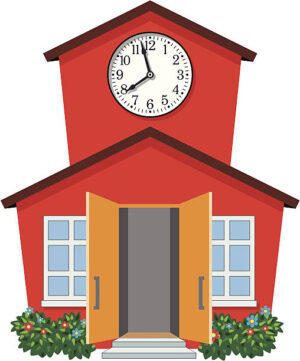
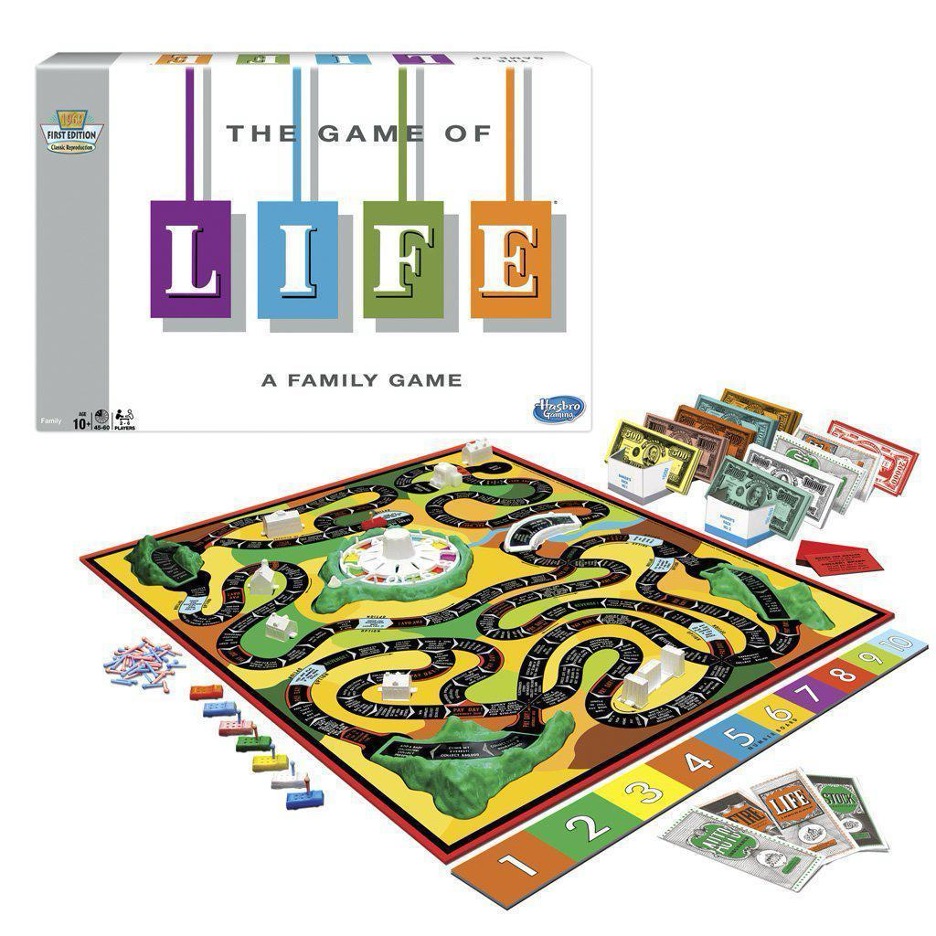

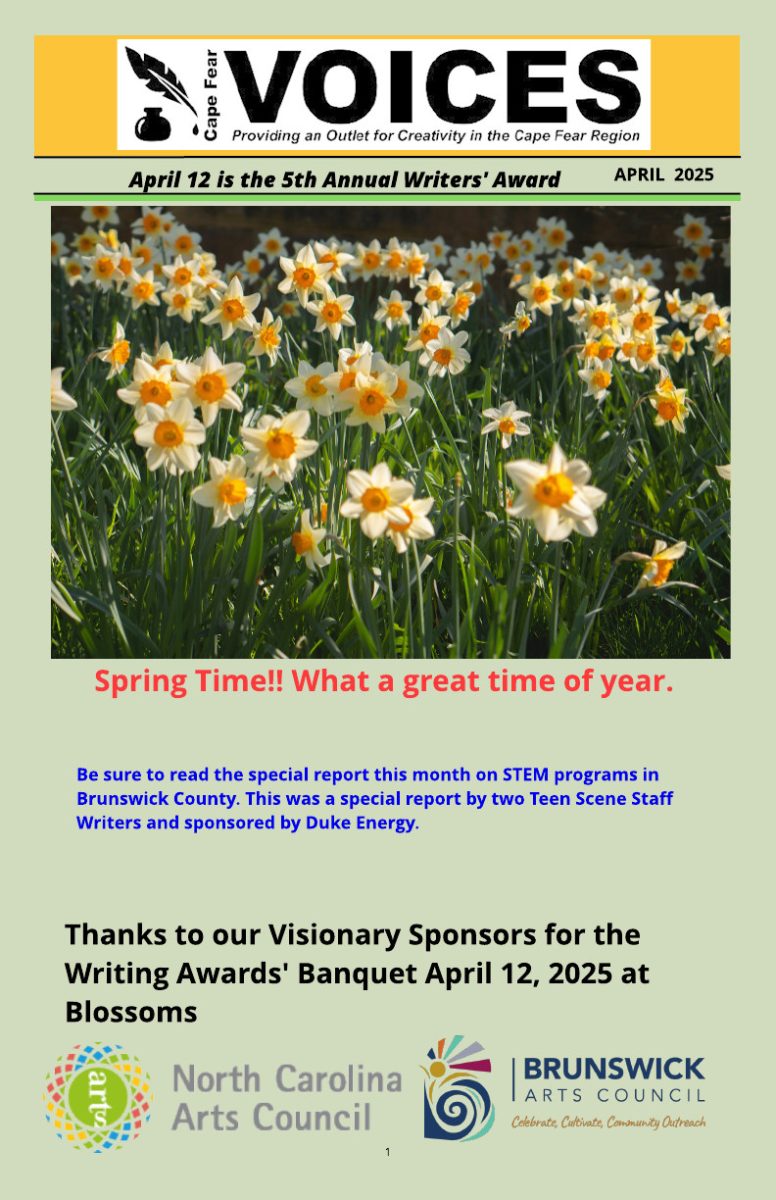


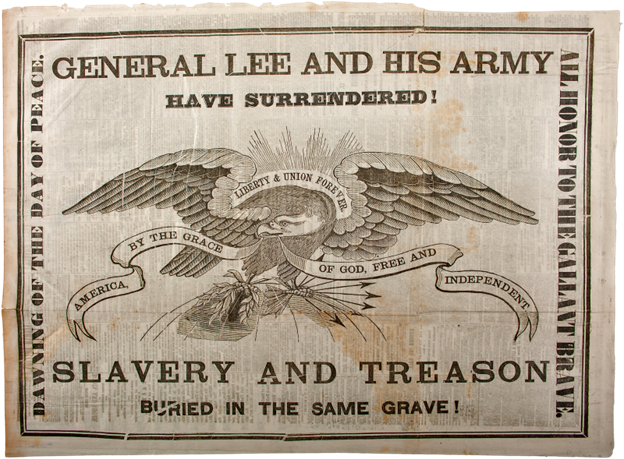
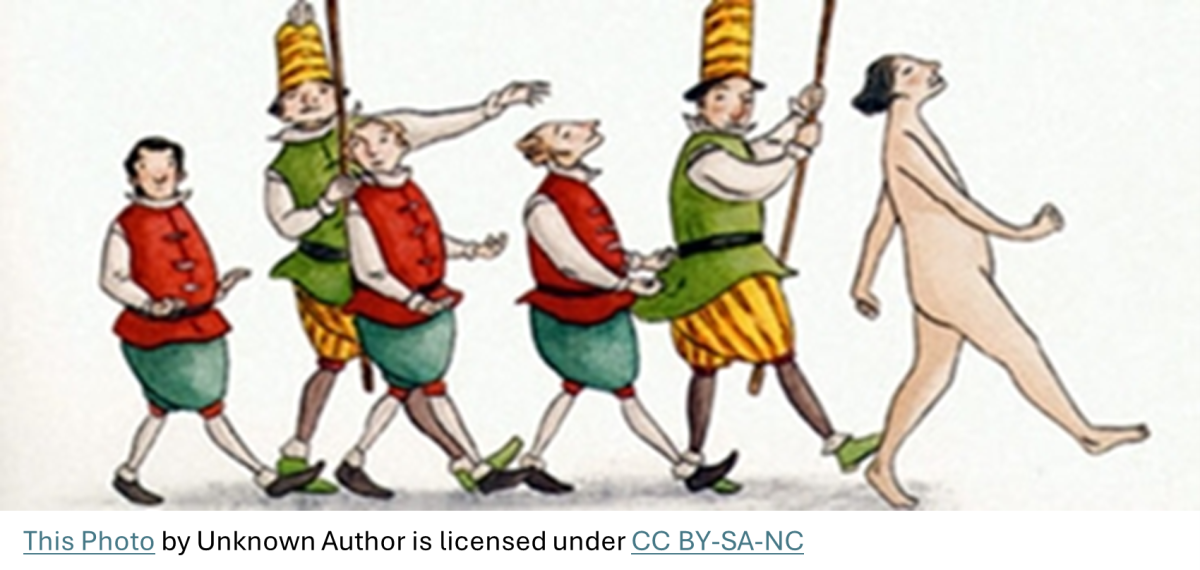
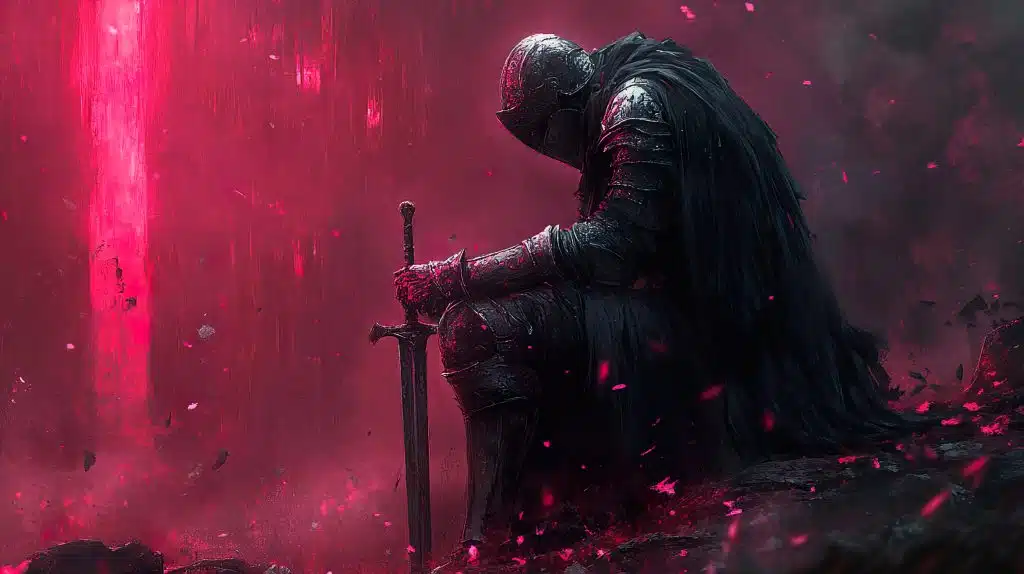
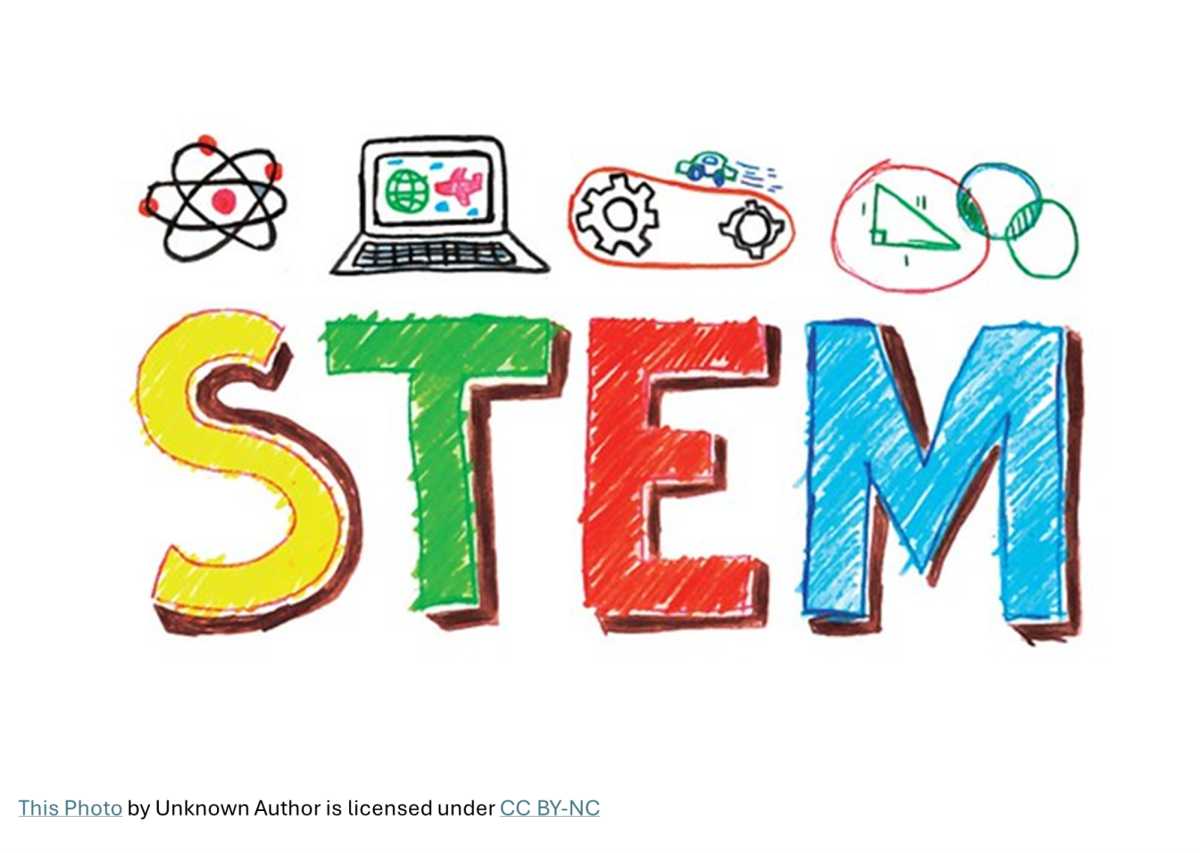
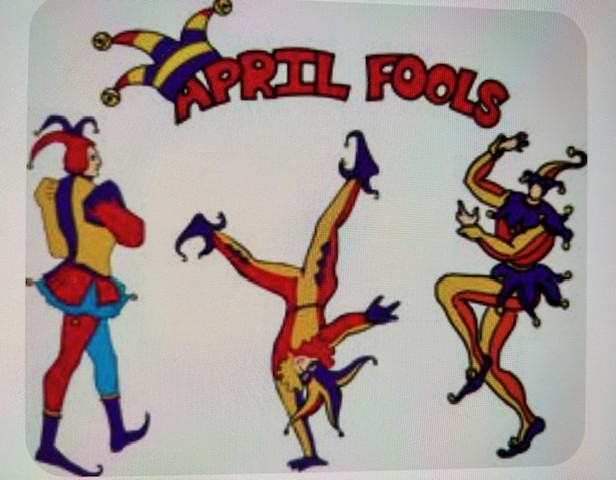
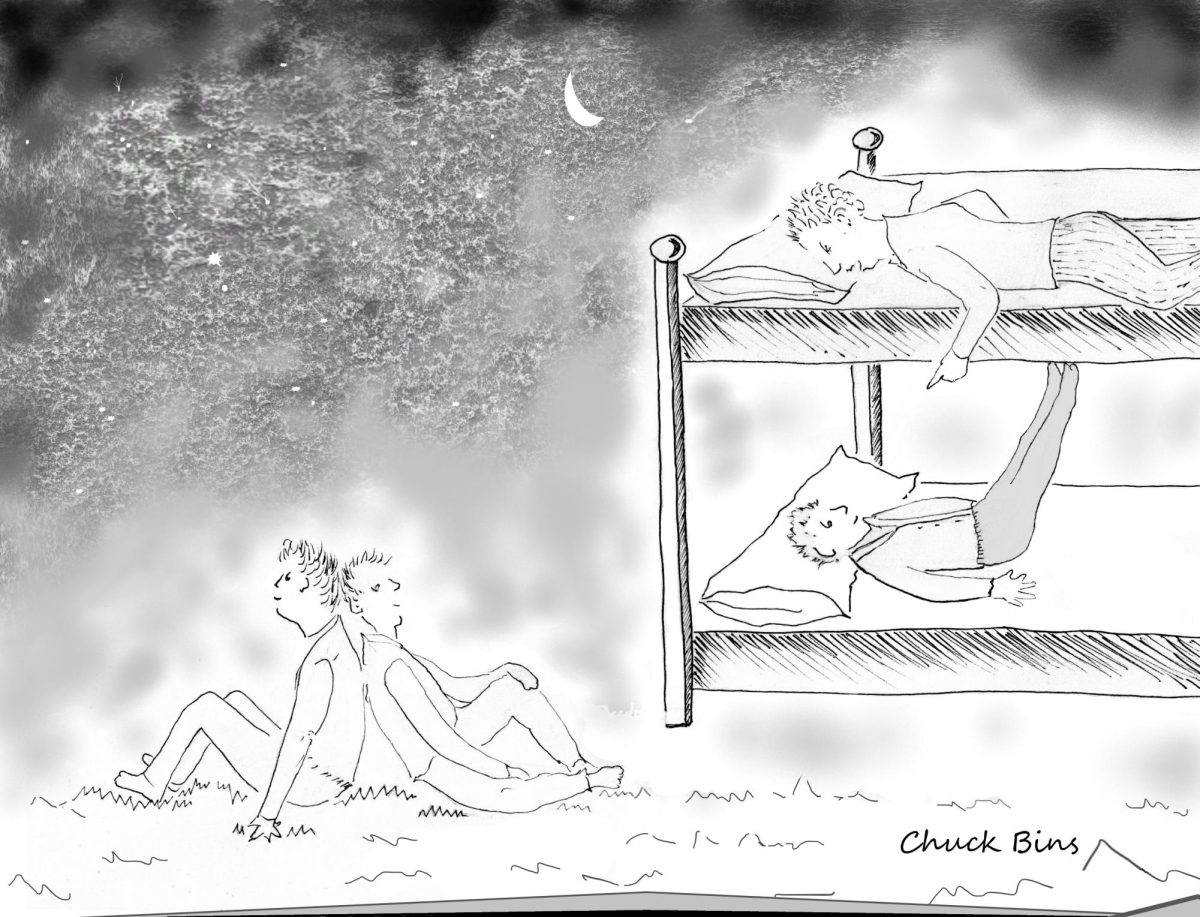


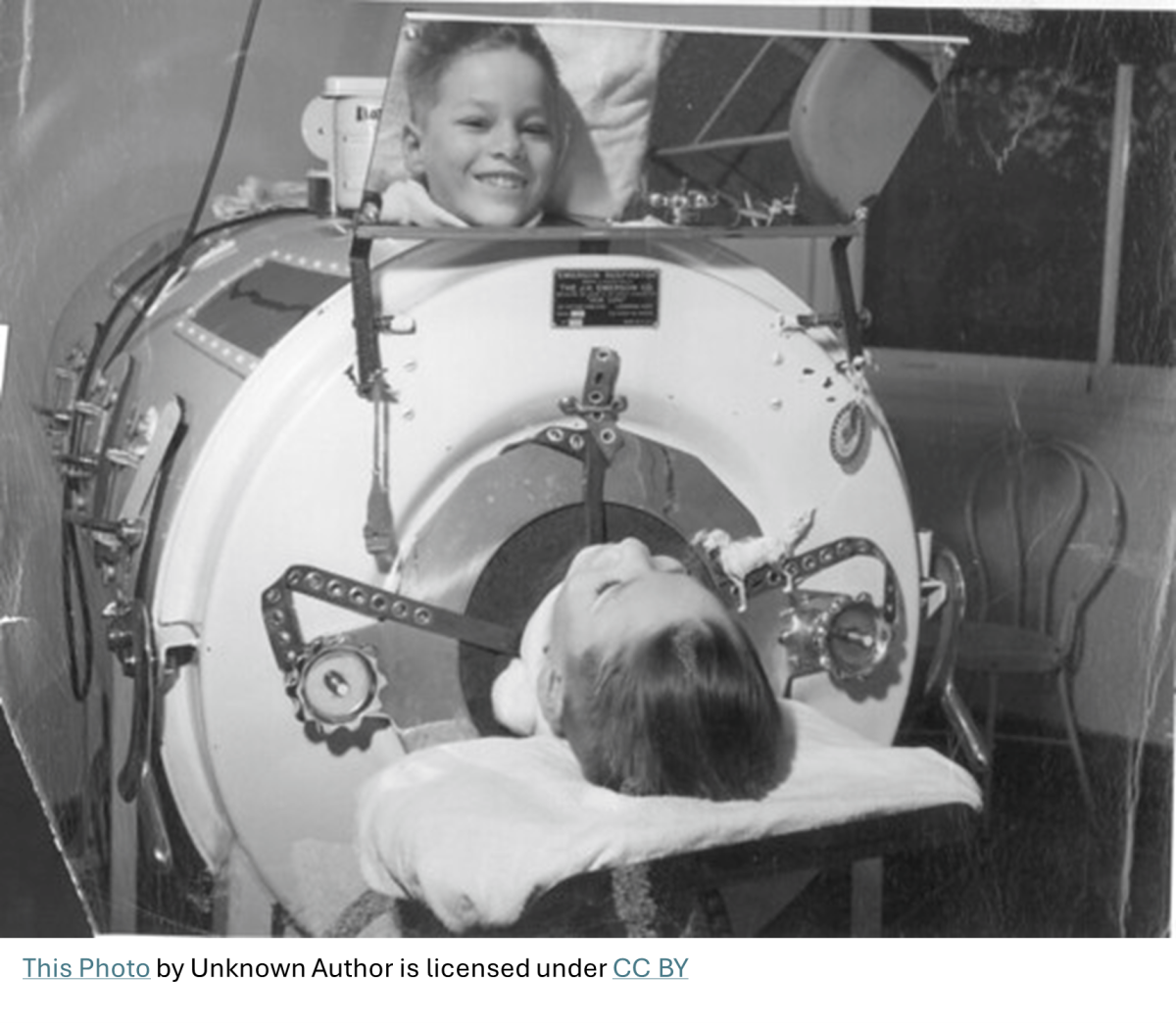



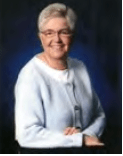
Chris Sandusky • Apr 4, 2024 at 6:17 pm
Maryann,
I love this story! It’s neat that you can remember your friend and how you began your career of teaching and nurturing students on that first day of school. How lucky your students were to have you as a teacher.
When I see the buses go past my house in September, I think about the excitement of the new school year. I’m glad I’m retired, but I miss teaching and I loved my job.